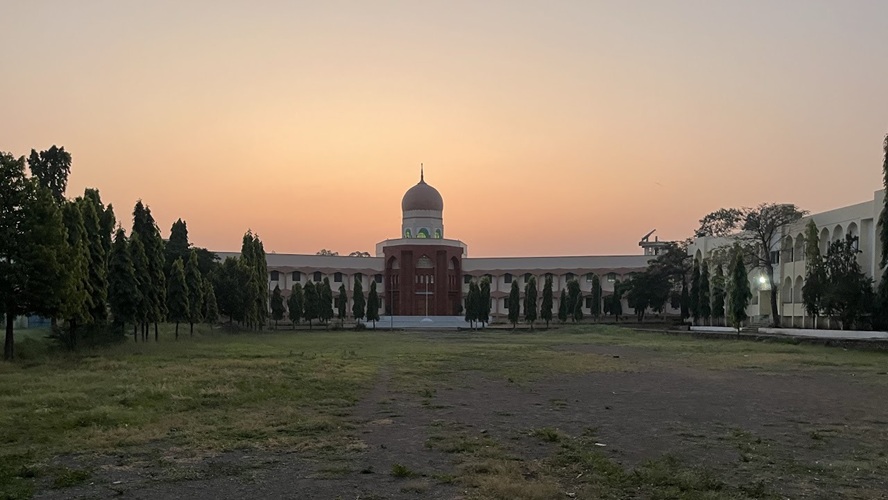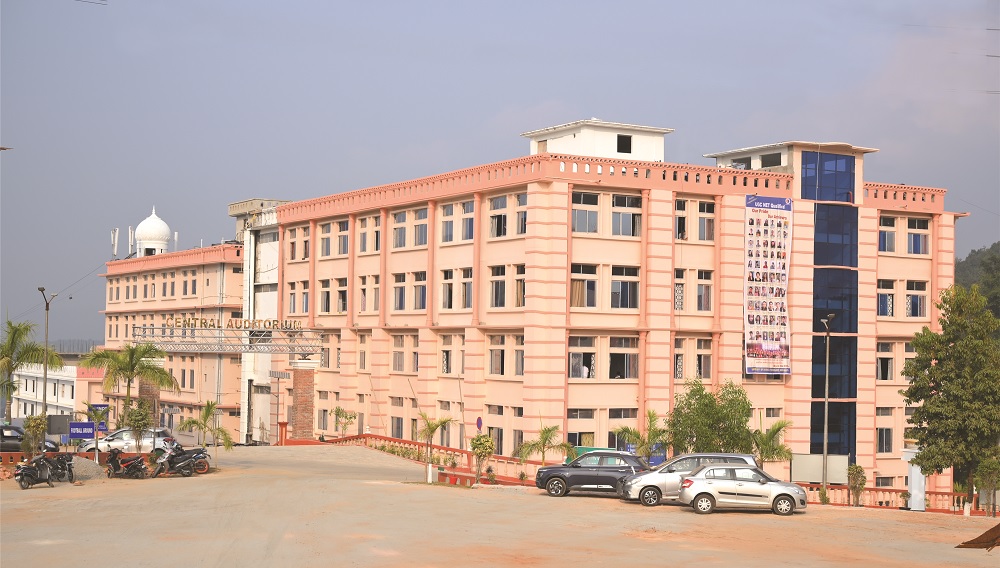 New Delhi, (IANS) : The Supreme Court on Monday ruled that seeking votes on the basis of religion, race, caste or language of a candidate or his rival or even that of the voters is illegal and could jeopardise the electoral process.
New Delhi, (IANS) : The Supreme Court on Monday ruled that seeking votes on the basis of religion, race, caste or language of a candidate or his rival or even that of the voters is illegal and could jeopardise the electoral process.
A constitution bench headed by Chief Justice T.S. Thakur, by a 4:3 majority judgment, said election was a secular exercise and the functioning of an elected representative too had got to be secular.
Pointing out that religion had no place in the electoral process, essentially a secular activity, the court said the government must be alive to the constitutional ethos and its obligations to uphold them.
The majority judgment came from Chief Justice Thakur, Justice Madan B. Lokur, Justice S.A. Bobde and Justice L. Nageswara Rao. Justice Lokur pronounced it.
Chief Justice Thakur also gave his additional reasons while concurring with the judgment. Justice Bobde too gave his separate reasoning.
While agreeing that seeking votes by invoking religion, race, caste, community and language was a corrupt practice, the dissenting judgment by Justice D.Y. Chandrachud, Justice Adarsh Kumar Goel and Justice Uday Umesh Lalit said prohibiting people in electoral fray from speaking about the legitimate concerns of the people reduced democracy to abstraction.
Pointing out that there should be no judicial drafting of the law, Justice Chandrachud, speaking for the dissenting judges, said that no government system was “perfect”.
There was also no law that prohibited dialogue and discussion on the issues that concerned voters and the same should not be construed as an appeal to gain votes, he said.
It also noted the success with which elections have been held so far.
The mixing of State activities with religion was not permissible, the majority judgment said, pointing out that the relationship between man and God was an individual choice.
The court said this while interpreting Section 123(3) of the Representation of People’s Act, 1951, that spells out corrupt practices.
Section 123(3) says: “The appeal by a candidate or his agent or by any other person with the consent of a candidate or his election agent to vote or refrain from voting for any person on the ground of his religion, race, caste, community or language or the use of, or appeal to religious symbols …, for the furtherance of the prospects of the election of that candidate or for prejudicially affecting the election of any candidate will be a corrupt practice.”





0 Comments